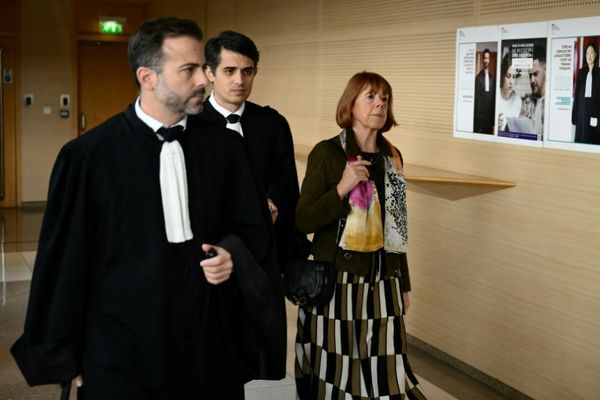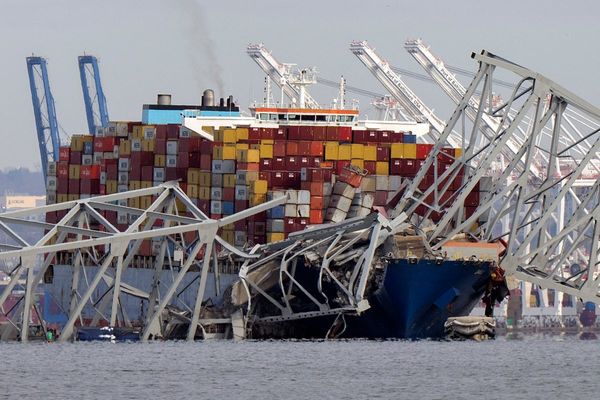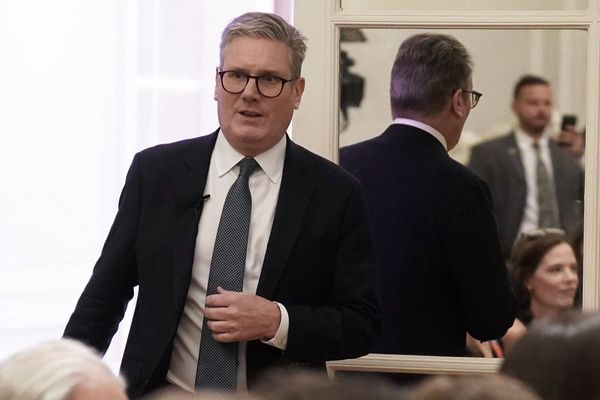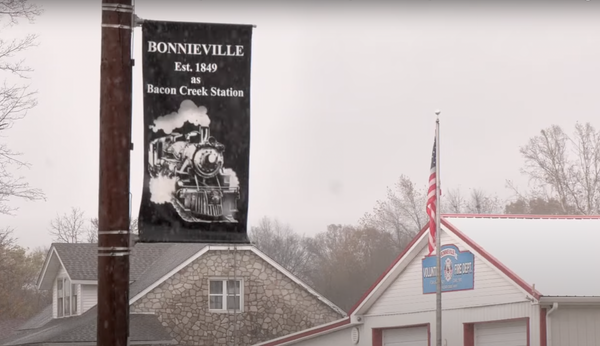
Over these last horrific months, Instagram has exploded with catastrophic images and videos of the genocide taking place in Gaza. We have seen formerly incubated babies found abandoned on hospital beds, huge craters where apartment buildings and neighborhoods once stood, bones emerging from rubble. One particular video haunts me. I watch it on my phone. I watch it again. A dust covered, anguished father crawls towards his limp, gray, dead 10 month old baby. He covers him with his body. He holds the baby rocking and rocking him as if to say, “gone, gone, gone.” He slaps the floor with his hand. He cries out over and over. Then the energy changes, suddenly terrifying, suddenly shocking. I have never seen a man’s body go mad from the inside. I have never seen legs scream – their movements convulsive, spasmodic, as if taken, charged by electrocuting grief.
And I realize there must be a person filming this and I wonder if the father is aware or if he is so far gone into the horror that he is no longer in that room or in this realm at all. And I ask myself what does it mean to be recording the mad vulnerability of grief in real time? And I worry that watching this is somehow invasive, entering an intimacy I have not earned. This father, a stranger and this probably the most catastrophic moment of his life. But the video is on Instagram. I assume that the father must have agreed to be filmed, agreed for the video to be posted here. And this reminds me of the mothers of the Say Her Name campaign, the extraordinary mothers of the daughters, sisters, granddaughters who were murdered by the police. I remember a particular event a few years ago where they were being honored after a play. I was on stage with several of them who were sharing their stories. One of the mothers began to cry as she spoke, which grew into a loud wail. I could tell she was losing control. So I gently took her arm and asked if she might want to walk off stage for a minute. She froze, looked at me with total clarity and said, “No, no, let them see us. Let them know our pain.”
I have been trying to come up with a word or a way to accurately describe what we are doing as we press the “sensitive material” buttons on our IG Reels to release the most painful atrocities and images. What is this ritual? I know I cannot ever feel or know what that father is feeling. I pace my bedroom. I feel nauseous. I feel grotesque and privileged and disgusted to live in America, an empire that spends billions supporting this violent and violating enterprise. I feel a sickening disappointment in myself, a sinking awareness of a malignant lack of courage. I have been to Israel and Palestine multiple times. I have seen with my own eyes the hundreds of checkpoints and walls. I have heard and experienced firsthand the cruelty of Israeli soldiers towards Palestinians, the degradation, the sadism, the apartheid structure. And yes, for almost 20 years since the first visit, I have gone to demonstrations, signed letters and petitions to end the occupation, the siege on Gaza, the stolen settlements. I have joined Israeli and Palestinian women peace activists on the ground in Israel and here in US, supported the Freedom Theatre in Jenin, hosted educational speakers and events.
But, here now, watching this father I realize, I have not given myself fully. Not really. There has always been a reservation in me, a fear, a real fear of being excommunicated from a tribe that I deeply admire and know, a tribe who’s suffering I have studied and visited and memorized and learned in my body since I first inhaled The Diary of Anne Frank at nine, and although I know I can never comprehend the magnitude of such suffering, I have tried to get as close to it as possible as a way of honoring, remembering and cherishing those that suffered and those that were born out of that suffering. And that journey of loving the Jewish people and attempting to touch our agony, changed and determined my existence. That holocaust brought me to the world, brought me to war zones and the far reaches of human suffering, catalyzed with the mantra and directive “never again”. And I took that imperative very seriously. I took it to mean that never again for the Jewish people meant never again for anyone, the Congolese people or the Bosnians or the Sudanese or the Palestinians. I took this vow as a political and spiritual mandate to expand the boundaries of my own concerns and connect to the greater tribe of humanity.
In the video the father clutches his dead child. I feel the agonizing failure of language to meet this moment. I feel the smoldering shame and rage of living in a world that for 80 days has allowed the full-scale destruction of a people and their place, (over 21,000 dead, over 56,000 injured, 90% of Gaza destroyed) in broad daylight, where babies’ brains are exploded and people are being starved and bombed in their dreams and hunted with rifles and gunned down in wheelchairs and where, with each passing hour the precious poets, journalists, doctors and nurses are being erased into eternity. Where hospitals, schools, mosques, art centers, everything that makes a life and holds a culture is turned to dust. I watch the video again. Some might call this a form of self-harm. Some might call it obsession. But that is not it at all. I am watching as a way of seeing, as a way of paying attention, as a way of knowing and in that knowing allowing the pain of that father into my body, my heart and my memory as a way of not letting him go, as a way of saying you are not alone, you are not forgotten.
We are watching now, millions of us and we must keep watching. They know how powerful our watching is and that is why they are doing everything they can to censor what we are watching. They want us to turn away. They are betting that they will outlast us and exhaust our attention with their atrocities. We must keep watching because it is only in this pain and through this pain that we will charge our resolve and our power and force America and Israel to end this bloody war. We can and we must.
V (formerly Eve Ensler) is a playwright and activist and the founder of V-Day, a global movement to end violence against women and girls







